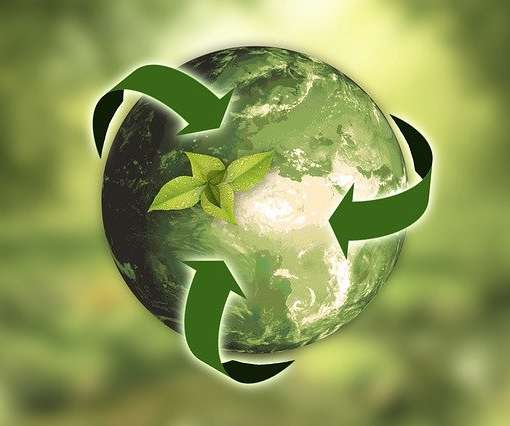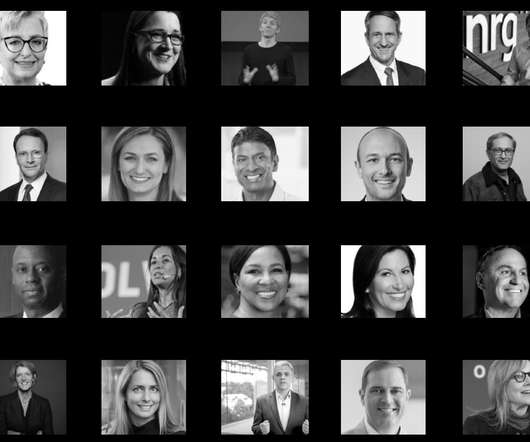Net zero transition – the latest signals of change: April 28, 2023
We Mean Business Coalition
APRIL 28, 2023
Energy In South Africa, PepsiCo is developing an energy recovery project to convert food waste from its Johannesburg site to electricity. In partnership with local firm Tecroveer, the company will build a plant capable of converting 11,500 tonnes of waste per year. Ita lian telecoms company Golden Goose S.p.A.












Let's personalize your content